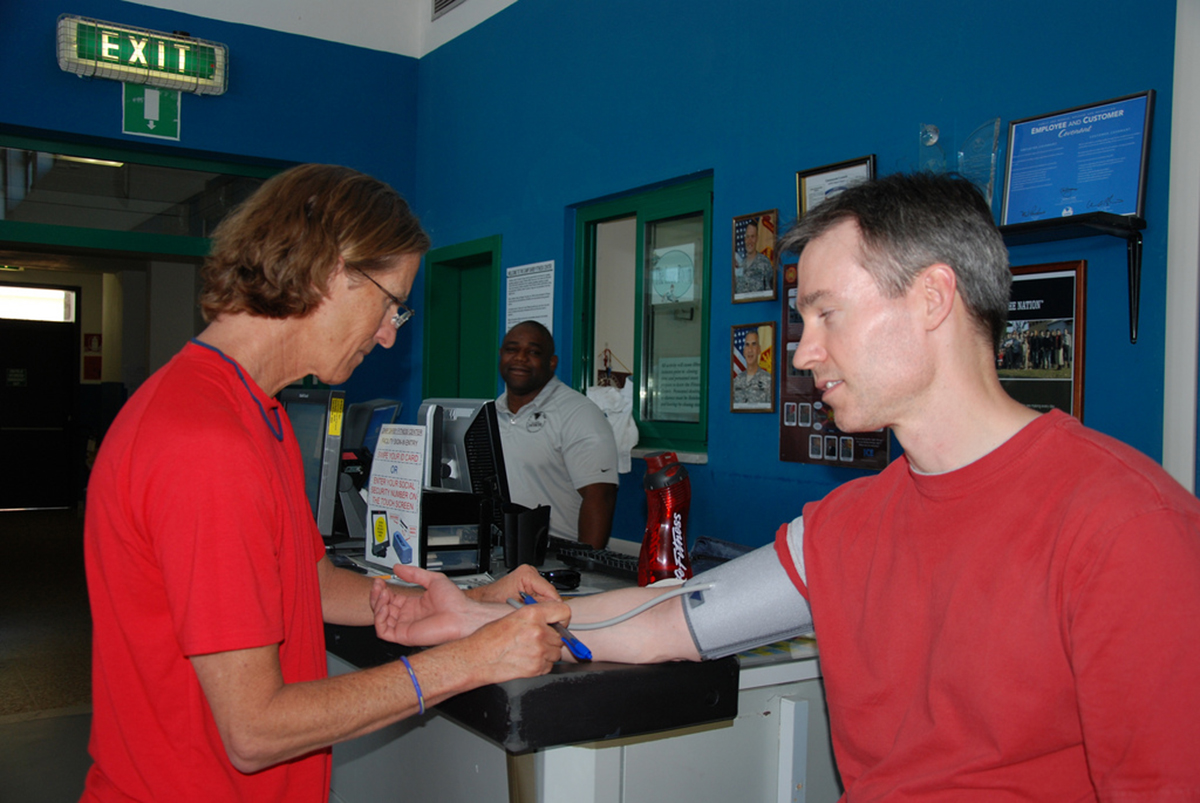Heart disease is the leading cause of death worldwide, for both men and women. Almost one in every four deaths around the world is due to some type of heart disease. You are more likely to die from a heart disease than any other disease. These alarming stats necessitate that every person should be aware of etiology and risk factors of heart disease. Knowledge of these risk factors will enable you to reform your lifestyle in such a way that will reduce your chances of getting heart disease.
The incidence of heart disease is rapidly increasing day by day, though its rate of occurrence really "mushroomed" just a few decades ago. What changed? Is it because of a genetic mutation that took place somewhere in between, or is it a bug? Are modern lifestyle changes to blame?

A number of studies have shown that this rising incidence of heart disease has everything to do with our modern lifestyle. It is due to these lifestyle changes that the diseases that were rare or even non-existent in the past are now the leading causes of human death.
READ Vitamin C From Food Decreases Risk Of Heart Disease
Heart Disease Facts Every Modern Human Should Be Familiar With
You may be surprised to learn that:
- Heart diseases kill more people than all cancers combined.
- More than 17.5 million people died from cardiovascular diseases in 2012 worldwide.
- More than 2500 people die every day from heart disease in US. This means that one person dies from a heart disease every 34 seconds.
- One in three women dies from heart disease while one in 30 dies from breast cancer in America.
- Heart disease is a vast term which covers conditions like coronary artery disease (angina and heart attack), congestive heart failure, cardiac arrest and congenital heart diseases.
- Coronary artery disease is the most common condition of all of these. It occurs due to a narrowing of the arteries that supply the heart (coronary arteries) which results in loss of blood supply to the heart tissue. Heart attack (myocardial infarction) means death of heart cells due to of loss of blood supply.
- Cardiac arrest is a different condition. A sudden cardiac arrest means that the heart has suddenly stopped pumping due to some electrical abnormality.
- After heart disease, other common causes of death include chronic obstructive pulmonary disease (lung disease), stroke and cancer. Interestingly, the incidence of almost all these conditions is affected by our lifestyle including diet, activity level, smoking, and alcohol.
Risk Factors Of Heart Disease: Which Ones Can Be Controlled?
A number of studies have concluded that there are certain risk factors that increase a person's risk of heart disease. Some of them have a very strong association with heart disease. Some physicians now call them “causes” instead of risk factors.
Risk Factors Of Heart Disease
Heart disease risk factors are divided into modifiable and non-modifiable risk factors. Knowing both types of risk factors is very important.

Non-modifiable risk factors are those which are uncontrollable. We cannot change them by making lifestyle adaptations. The risk of heart disease increases with age, men generally have a higher risk of heart disease than women because estrogen has a protective effect (though post-menopausal women have the same risk as men), and people with a family history of heart disease are more likely to develop heart disease themselves. There is an increased risk of heart disease in African Americans, Native Americans, Mexican Americans and some races in South Asia as well.
Modifiable risk factors are the ones we can control by changing our lifestyle. These risk factors have a strong association with heart disease, especially coronary artery disease (angina and heart attack). Modifiable risk factors you should know about are:
- Smoking: Smoking tremendously increases your chances of getting heart disease. The chemicals in the smoke (nicotine and carbon monoxide) damage the inner wall of the heart vessels and increase the chances of atheroma formation. Smokers have more than double the chance of getting heart disease than non-smokers. Second-hand smoke exposure also increases the chances of heart disease significantly. A non-smoker living with a smoker is 25 percent more at risk of getting heart disease.
- Obesity/Poor Diet: Overweight and obese persons are at a higher risk. A diet high in fat, sugar and cholesterol increases the risk of heart disease.
- High Cholesterol levels: High levels of LDL (bad cholesterol) and low levels of HDL (good cholesterol) is a major risk factor of heart disease.
- High Blood pressure: Uncontrolled hypertension causes thickening of the blood vessel wall and narrowing of the lumen of the vessel. It increases the chances of atherosclerosis and clot formation, which is a major cause of heart attack.
- Diabetes: Heart disease and diabetes share the same risk factors like hypertension and obesity. Diabetes increases the risk of heart disease because it also causes the narrowing of the heart vessels.
- Physical Inactivity: Yes, it is an official risk factor of heart disease. Lack of exercise increases the risk of heart disease.
- Stress: Uncontrolled stress and anger increase the risk of heart disease either directly or indirectly by increasing blood pressure.
What Should I Do To Lower My Risk Of Heart Disease?
The best way to reduce your risk of getting heart disease is controlling the modifiable risk factors. All these factors can be controlled by some lifestyle changes. You can follow these steps to do that:
- Quit smoking if you are a smoker or stop exposure if you are regularly exposed to second-hand smoke.
- Improve your cholesterol levels. The goal should be less than 200mg/dl
- Control your blood pressure if you are hypertensive.
- Maintain your blood sugar level if you are a diabetic.
- Exercise regularly (that’s very important). Adopt an active lifestyle in general
- Modify your diet. Reduce the fat content, eat fresh vegetables and fruits.
- Reduce your weight and then maintain the weight within an ideal range.
- Avoid stress. Use anger management techniques
READ Broken Heart Syndrome Is A Real Medical Condition
Doctors have been "whining" about these things for decades and everyone knows that they should quit smoking and eat right, but most people do not change anything in their lifestyle practically. Don't be a procrastinator with good intentions — be proactive today to reduce your risk of heart disease.
- Photo courtesy of campdarby via Flickr: www.flickr.com/photos/campdarby/5725377265
- Photo courtesy of coolmikeol via Flickr: www.flickr.com/photos/coolmikeol/4077607898

